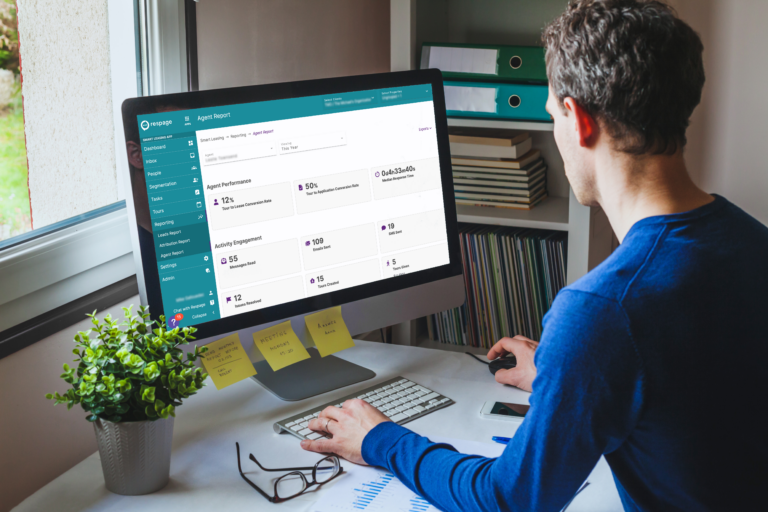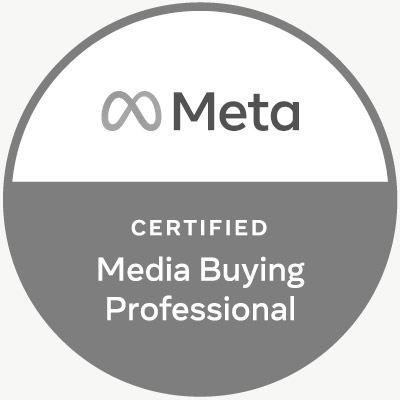Spreadsheets and paper records certainly have their place in the multifamily industry, but not when it comes to analyzing data and using the results to gain a competitive advantage.
A 2018 report on the state of real estate technology shows that 42 percent of U.S. real estate professionals — 56 percent of which operated in the multifamily sector — still use spreadsheets and/or paper in some critical business capacity.
The same survey revealed that apartment renters are increasingly demanding tech-related amenities like high-speed broadband, electronic rent payment capability and online resident portals.
Also, consider this: Ninety percent of consumers would consider taking their business elsewhere rather than working with a company that uses outdated technology, according to a Microsoft study.
So, multifamily companies that haven’t embraced tech tools when it comes to successful apartment marketing solutions such as a strong social media presence, reputation management and digital advertising could find themselves left behind.
Let’s take a look at how using digital tools can give insights that can help an apartment community thrive in a competitive market.
Apartment Advertising
Back in the day, apartment advertising centered around free listing magazines that prospective renters could pick up in grocery stores. This scattershot approach has been replaced with one that targets specific demographics and locations so that certain types of renters are matched with certain types of properties.
For example, if a property is trying to fill three-bedroom units, apartment Facebook ads and Google Ads can be tailored to appear only to families. While phone calls and email leads are ways to evaluate the success of your efforts, analytics tools in both platforms can offer additional valuable insights.
Both Facebook and Google Ads for multifamily have a number of core metrics that could provide useful information, including impressions, which is the number of times your ad appears; click-through rate or CTR, or the number of times a user clicked on your ad and accessed your website; and, the most important metric when it comes to multifamily, conversions, which is when the customer journey in connection with an ad ends in a signed lease.
The idea is to analyze the reporting from your ad platforms and put more money into approaches that have been historically successful. If you discover you get more conversions for those three-bedroom apartments from zip codes with a greater number of elementary schools than zip codes that are known to be hip and trendy, then put additional dollars into advertising to those more family-oriented communities.
Apartment Reputation Management
It’s no surprise that an apartment community’s online reputation needs to be solid in order for it to succeed. Review sites like Apartment Ratings, Yelp and Apartments.com provide reports that give a snapshot of how your community is performing on those platforms, but it’s not the full picture.
Aggregated reports collect data from numerous platforms and compile it into data summaries that can be sliced down any number of ways. For example, you can see which properties are highest and lowest rated, how long it takes for the properties to respond to apartment reviews, and which properties get reviews on a regular basis and which ones don’t.
Using this information, efforts can be focused on trying to improve the lowest performing apartment communities and ensuring that highly-rated ones stay that way.
Apartment Social Media
Most apartment communities are on Facebook, but it’s not enough to just have a presence. Engagement should be the goal.
Clicks, comments, likes and shares are all forms of engagement. If you’re being strategic with your content and sharing high-quality posts, your Facebook fans are more likely to stay engaged. This means your content will show up more prominently on their newsfeeds. As a result, your posts could then appear in their friends’ newsfeeds, which can create more visibility and credibility for your apartment community.
Facebook provides analytics that show engagement data, and multiple properties can be pulled into one snapshot that allows you to analyze your overall success and provide a roadmap for how to proceed in the future.
Apartment SEO
Search engine optimization for multifamily helps people find your apartment website organically, meaning without the use of ads. Google Analytics is a free tool used by more than half of all websites to monitor their traffic and evaluate the value of SEO to an apartment community.
By viewing your organic keywords report, you can see which search terms users are typing into Google or another search engine to reach your website and, more importantly, which keywords result in the most engaged or highest-quality traffic.
Google Analytics provides a large amount of data, so keep your goals in mind when deciding which metrics to track. You’ll want to track your ability to rank for certain keywords while also monitoring your website traffic, engagement and conversion rate. You can have the data that’s most important to you distilled into a report that also tells you your daily rank for certain keywords.
Armed with this data, you can evaluate your apartment website’s performance. For example, if you have great engagement, meaning users who are interested in your apartment community are finding your website, but the conversion rate is low, meaning they’re not taking any action (calling, signing up for a tour or emailing for more information) then you could have an issue with your website’s user experience.
Conclusion
The need for real-time reporting is a necessity for the multifamily industry. Companies that don’t embrace it will be behind the curve if they can’t see the current state of their business, track day-to-day nuances and identify areas for growth.
While drilling down into the data of a specific apartment community can be valuable, it’s just as important to look at a management company’s entire portfolio. With standardized reporting across the entire group of apartment communities, informed decisions can be made to boost performance.
And none of this would be possible with just a spreadsheet and a stack of papers.





